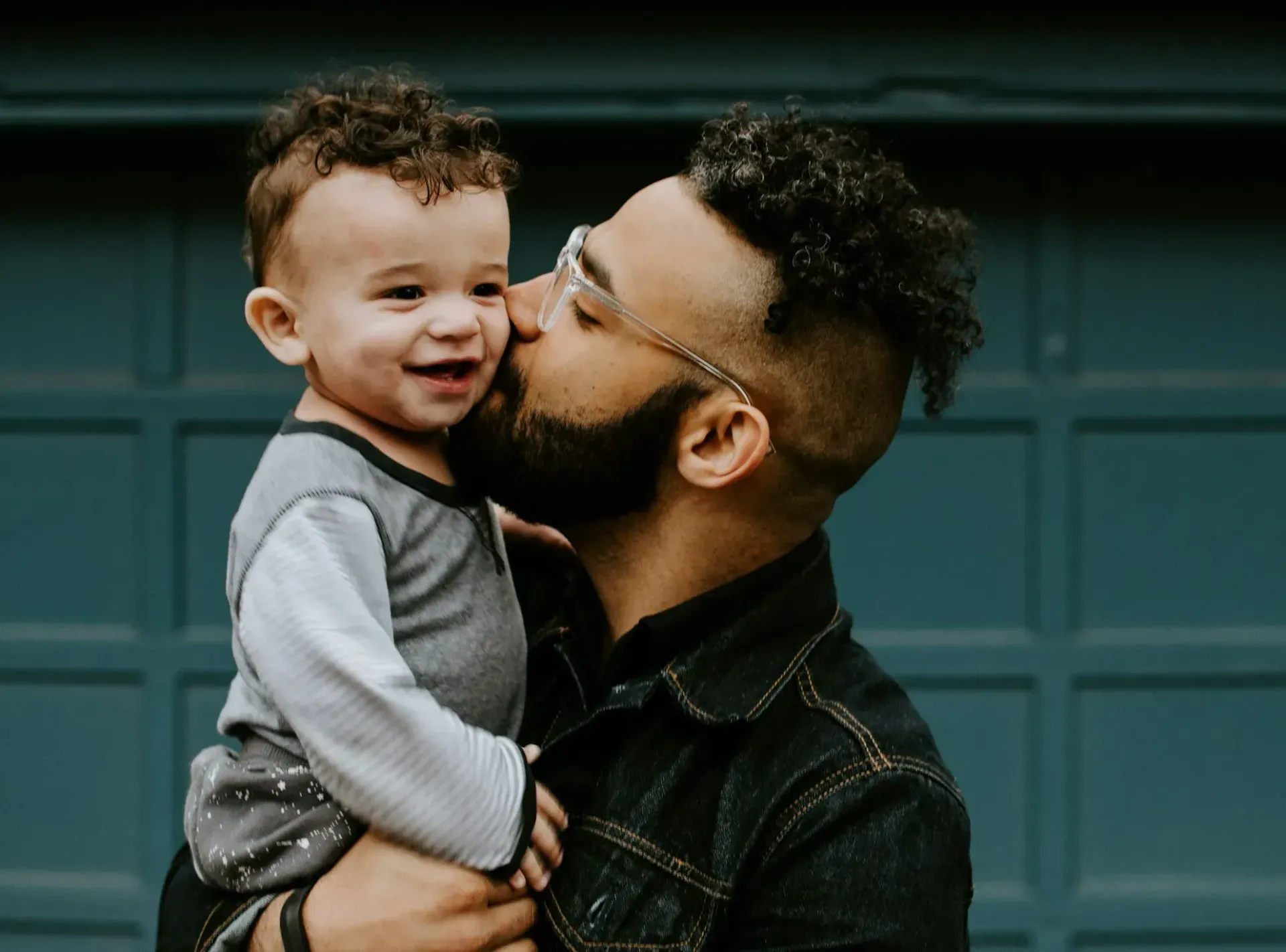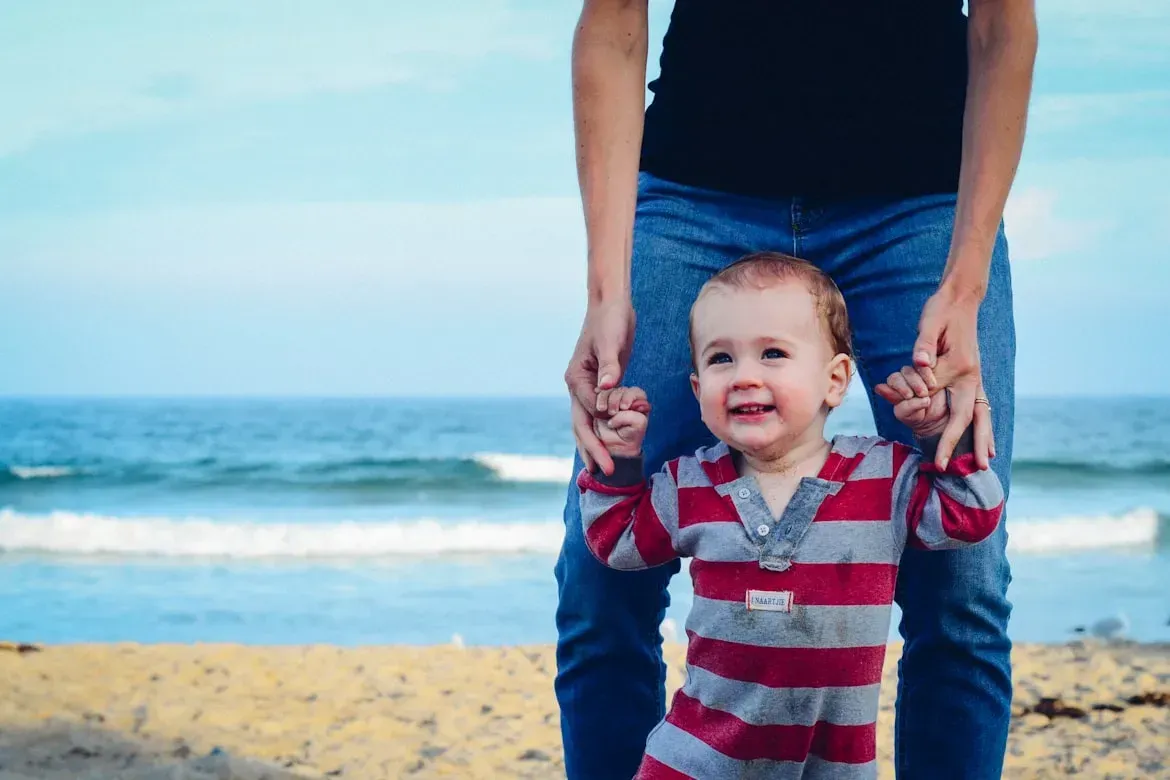Protective Custody: Protecting Your Child's Interests in Court
When a child's safety and well-being are at risk, protective custody becomes a critical legal tool.
This blog aims to demystify what protective custody involves and how it safeguards a child's interests in legal battles.
Whether you’re a concerned parent, guardian, or simply seeking knowledge, this guide offers valuable insights into navigating these challenging waters.

Understanding Protective Custody
What is Protective Custody?
Protective custody is a legal intervention used to safeguard a child from imminent danger or harm. This action typically involves court orders and is facilitated by child welfare services, moving the child to a secure and safe environment away from potential threats. It’s often a temporary measure until a long-term solution is found.
Differentiating from Other Custody Types
While traditional custody focuses on determining the child’s living arrangements post-divorce or separation, protective custody is solely concerned with the child's immediate safety. It bypasses the usual custody process due to the urgency and severity of the situation, emphasizing the child's protection over parental rights or preferences.
Context and Necessity
Protective custody becomes necessary in extreme circumstances, such as evidence of physical abuse, sexual abuse, severe neglect, or if the child's living environment poses a direct threat to their well-being. It's an emergency measure, used when all other options to protect the child are exhausted or deemed ineffective.
When is Protective Custody Necessary?
Identifying Situations for Protective Custody
Protective custody is typically considered in situations where there's a clear and present danger to a child. This includes:
- Abuse: If there are signs of physical, sexual, or emotional abuse, protective custody can immediately remove the child from harm.
- Neglect: Situations where a child's basic needs are not being met, such as lack of food, shelter, or medical care.
- Domestic Violence: Exposure to domestic violence, even if the child is not the direct victim, can warrant protective custody due to the emotional and psychological impact.
Legal Thresholds and Evidence
- It's important to understand that protective custody requires substantial evidence. Courts need clear, convincing evidence of danger to the child’s well-being.
- Documentation: Reports from teachers, doctors, or social workers, as well as police reports or photographs, can serve as crucial evidence.
The Role of Child Protective Services
- In many cases, Child Protective Services (CPS) is involved in investigating allegations and recommending protective custody if necessary.
- CPS works in conjunction with the legal system to ensure the child’s safety is prioritized and their rights are protected.
The Legal Process for Obtaining Protective Custody
Steps in the Protective Custody Process
Navigating the legal process for obtaining protective custody can be complex. Here’s a general overview:
- Filing a Report: The process often begins with a report to authorities, such as Child Protective Services or the police, about the potential harm to the child.
- Investigation: Following the report, an investigation is conducted to assess the child’s situation and the validity of the concerns raised.
- Court Intervention: If the investigation finds evidence of harm or risk, the case is brought to court. A judge then decides on the necessity of protective custody.
Role of Legal and Child Welfare Authorities
- Child welfare agencies and legal authorities work together in these cases. Their goal is to make an informed decision about the child's safety.
- Expert Opinions: In court, experts such as child psychologists, social workers, and law enforcement officials may provide testimony to inform the judge’s decision.
Navigating the Court System
- It’s crucial to have legal representation during this process. A lawyer experienced in child custody cases can guide you through the legal intricacies and advocate for the child’s best interests.
- Preparing for Court: Gathering evidence, understanding your rights, and knowing the procedures can significantly impact the outcome.
The Child's Rights and Best Interests
Centering the Child’s Needs in Court
In protective custody cases, the child's best interests are the primary focus. Courts consider several factors to determine what will best ensure the child’s safety and well-being.
Factors Influencing the Court’s Decision
- Child’s Physical and Emotional Safety: The paramount concern is to protect the child from harm and ensure a safe, nurturing environment.
- Child’s Health and Development Needs: Courts assess the needs specific to the child's health, education, and overall development.
- Continuity and Stability: Importance is placed on maintaining stability in the child’s life, including schooling and community connections.
Understanding the Child’s Voice
- While younger children may not directly express their wishes, courts often take into consideration the child’s comfort and attachment to their current environment or caregivers.
- In cases involving older children, their preferences might be considered, especially if they can articulate their feelings and choices regarding their living situation.
Preparing for a Protective Custody Case
Strategies for Navigating Protective Custody Proceedings
For parents or guardians facing a protective custody case, preparation is key. Here are some steps to effectively prepare:
- Understand the Charges: Fully comprehend the reasons for the protective custody proceedings. This helps in formulating an appropriate response or defense.
- Gather Documentation: Collect any relevant documents, such as medical records, school reports, or character references, that support your case and demonstrate your commitment to the child’s welfare.
Choosing the Right Legal Representation
- Selecting an attorney experienced in protective custody cases is vital. They can provide guidance on the legal process and help present your case effectively.
- Attorney’s Role: Your attorney can negotiate terms, challenge evidence, and advocate for your interests and the best interests of the child.
Emotional and Psychological Preparation
- Protective custody cases can be emotionally taxing. It's important to seek support, whether through counseling, support groups, or trusted friends and family.
- Stay Informed and Proactive: Keep informed about your legal rights and responsibilities. Being proactive in addressing any issues raised in the case can be beneficial.
Coping with the Emotional Impact
Managing Emotional Challenges for Parents and Children
Protective custody cases are not only legal challenges but also emotional journeys. Understanding and managing these emotional aspects is crucial for both parents and children.
Support for Parents
- Seeking Emotional Support: It's vital for parents to access emotional support through counseling or support groups. This support can provide a space to process feelings and develop coping strategies.
- Staying Engaged: Remaining actively involved in the process, where possible, can help maintain a sense of control and connection to the child.
Children’s Emotional Well-being
- Professional Support for Children: Children may benefit from counseling to help them understand and cope with the changes in their lives.
- Maintaining a Routine: Providing a sense of normalcy and continuity for the child can help mitigate stress and anxiety.
Navigating Family Dynamics
The dynamics of the entire family can be affected. Open communication, where appropriate, and professional guidance can help in navigating these changes and maintaining healthy relationships.
Conclusion
The journey through protective custody is complex and emotionally challenging. It's crucial to prioritize the child's safety and well-being while navigating these legal waters. Organizations like Equal Rights for Divorced Fathers play a vital role in supporting fathers during this process. They offer legal guidance, educational resources, and emotional support, ensuring that fathers are equipped to face these challenges and maintain a meaningful relationship with their children.
Remember, every custody situation is unique. Seeking professional legal advice and support from dedicated organizations can make a significant difference in the outcome and the long-term well-being of both the child and the family.

